During pregnancy, the burden on a woman's body increases many times. At the same time, all metabolic processes change significantly. Chronic diseases can worsen. One of the most frequently progressive diseases during pregnancy is urolithiasis (urolithiasis).
During pregnancy, the load on a woman's body increases many times. At the same time, all metabolic processes change significantly. Chronic diseases can worsen. One of the most frequently progressive diseases during pregnancy is urolithiasis (urolithiasis).
Effects of ICD in pregnant women
In addition to severe discomfort and pain due to the inability to drain urine from the kidney, which a pregnant woman with ICD may experience, high risks to the health and even the life of the baby are added. Blood supply disorders, oxygen starvation of the fetus, premature birth are just some of the complications of ICD during pregnancy.
Why is conventional treatment ineffective?
Renal colic during pregnancy is a huge problem. The diagnostic capabilities of doctors are severely limited, since X-ray examination, which is dangerous for the fetus, is not performed. Usually, a catheter is inserted between the kidney and the bladder – a stent for the entire duration of pregnancy. And only after giving birth, the woman is further examined and the stone is removed. The stent allows urine to flow freely from the kidney, bypassing the stone. However, this method has significant drawbacks. First, the inconvenience. Often, the presence of a stent leads to severe discomfort and even pain in a woman. Secondly, the need to change the stents several times during pregnancy because they often become clogged and stop working. All this can affect the condition of the fetus.
Treatment of urolithiasis in pregnant women in EMC: differences from other clinics
The specialists of the EMC Urological Clinic apply a safe and effective method of stone removal – flexible endoscopy.
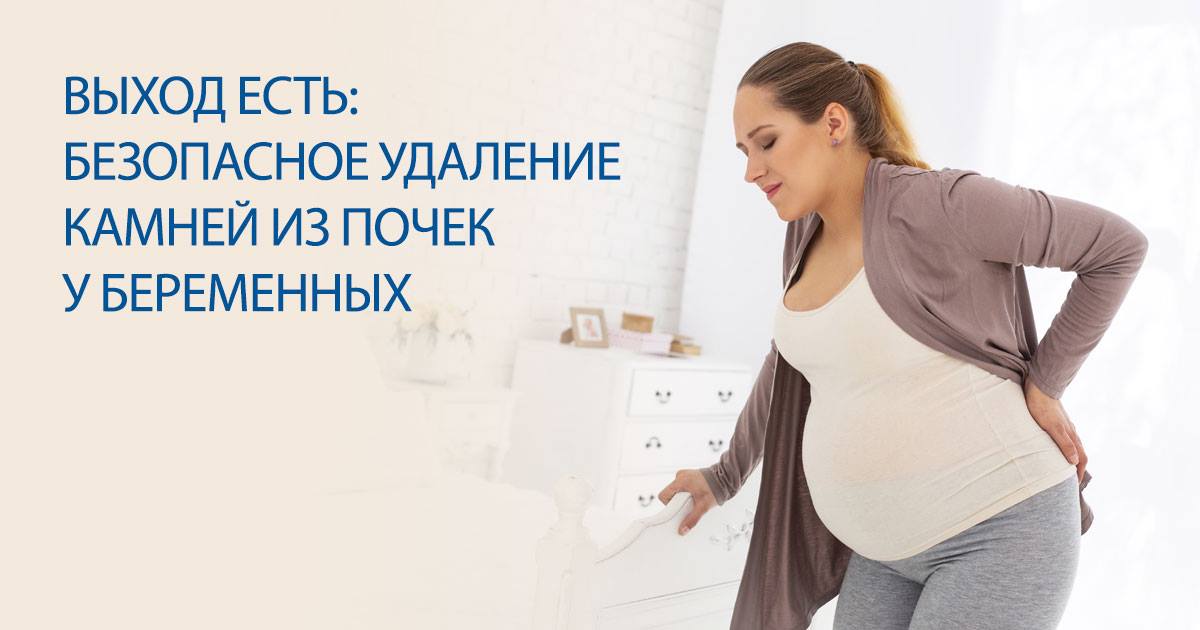
Advantages of ICD treatment in EMC
-
In the EMC, treatment is performed using a flexible ureterorenoscope with laser systems for effective contact crushing of stones (in almost all clinics, the operation is performed using a conventional rigid endoscope, which can eliminate stones only in the ureter. It is impossible to penetrate into all departments of the renal calyx-pelvis system with such an apparatus). A flexible endoscope allows you to remove stones from any part of the urinary system. In essence, the device for lithotripsy is very similar to a gastroscope, however, the diameter of the ureterorenoscope is hundreds of times smaller than the gastroscopic equipment.
-
The operation is performed through natural openings, without incisions, that is, without tissue damage and bleeding. There are no traces left after the manipulation. Thus, the maximum aesthetic effect and the minimum recovery time are achieved.
-
Removing stones with a flexible endoscope is a one-day operation. The very next day after the operation, the pregnant woman can leave the clinic.








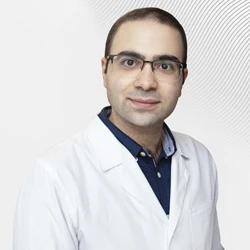
.webp)

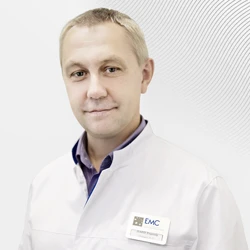
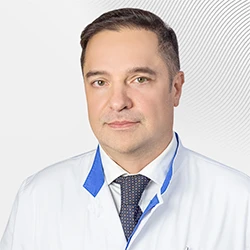
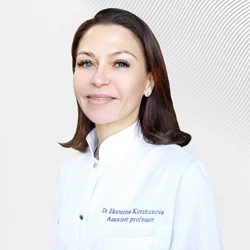

.webp)
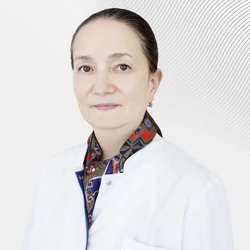
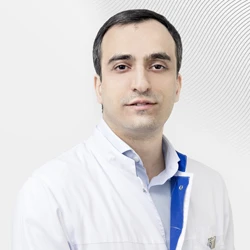
.webp)
